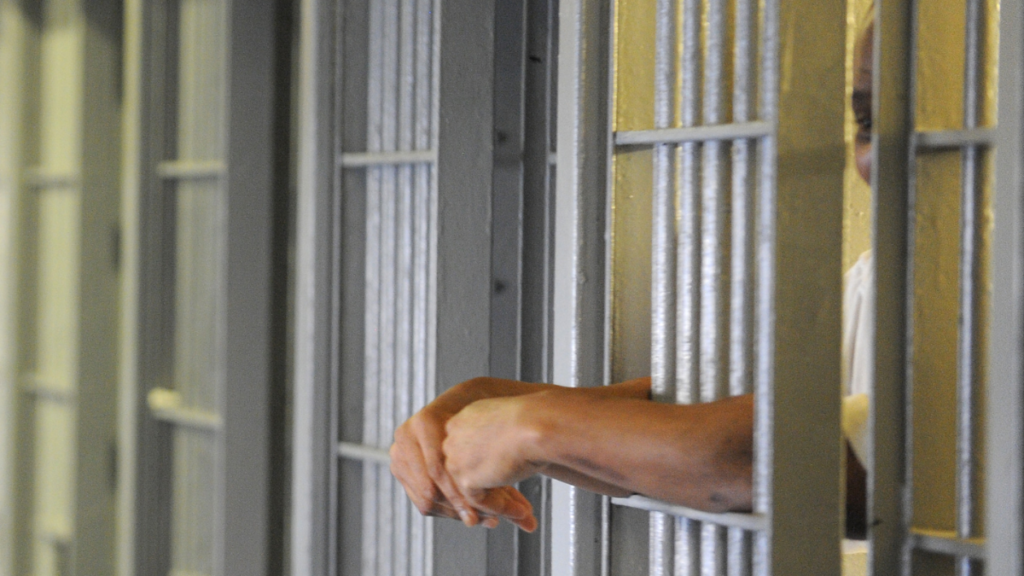
Interpol’s wanted Australian drug lord Mark Douglas Buddle, who had settled in Northern Cyprus, was also caught there. Buddle, who was taken to Ankara, will return to his country soon. The local press had informed Interpol that he had been arrested by the TRNC police and the General Directorate of Police and was being held in Ankara, according to foreign press sources.
Besides drug trafficking, Buddle became a subject of interest in 2010 after a security guard was shot and killed.
On the Interpol wanted list for organizing a group to trade drugs, Buddle tried to enter Turkey and then went to Iraq and the United Arab Emirates when he couldn’t get in. The gang boss had traveled to Northern Cyprus after being rejected by these countries.
It has been reported that Interior Minister Öztürkler stated that Buddle was granted residency in Turkey a year ago; nevertheless, he has since been detained due to security officials’ determination that his presence in the region is a threat.
It has been a year since the drug lord, who has been concealing in Northern Cyprus, has been taken to Ankara to be handed over to Turkish Interpol and Europol officers in Turkey.
According to Öztürkler, Buddle was seized in Ankara on July 10th after being sent to Turkey.
Öztürkler stated that the prosecution process for Buddle is still ongoing in Ankara and that he will be transferred once the process has been finalized.
The then-interior minister granted Buddle a residency permit on the grounds that he would invest in Cyprus after he arrived on a tourist visa a year earlier.
After his processes in Ankara, Buddle is scheduled to be sent to his home country of Australia.
United Arab Emirates Major General Ahmed Naser Al-Raisi currently leads Interpol. At the 89th General Assembly, held in Istanbul in November of 2021, Mr. Al-Raisi was chosen and will hold the office of President through the year 2025. Al-Raisi served as a delegate on the Executive Committee of Interpol from 2018 until 2021.
Drug trafficking activities in various parts of the world are coordinated by Interpol, which also provides help to national and international organizations conducting their own drug operations and investigations. Targeted at regions or international drug trafficking channels, they attempt to halt the transit of specific goods.
Anti-drug trafficking actions around the world are supported by Interpol, which also assists in current criminal investigations.
In addition to that, they provide a criminal analysis of intelligence on drug trafficking routes, methods of operation, and criminal networks engaged. In order to help police around the world fight drug trafficking, they also provide extensive training.
Moreover, Interpol has various operations and projects that aid in capturing drug lords and drug trafficking; these are namely:
- To combat drug trafficking via air, land, and sea routes, the Lionfish strategy of operations has led to significant seizures as well as new intelligence. It was first hosted across Latin America in 2013 and has since spread to other parts of the world, becoming a huge success.
- To combat drug trafficking across Africa, the Middle East, Asia, and the Pacific, Project AMEAP works with national authorities to detect security issues and combat organized crime groups. There is a goal of enhancing global law enforcement databases by promoting and strengthening international collaboration and the exchange of drug-related intelligence across agencies.
- To stop the flow of cocaine, 12 countries in Latin America, the Caribbean, and West Africa are working together on Project CRIM JUST. Criminal investigations and cross-jurisdictional collaboration are at the core of this effort.
- Information is combined with data from international organizations, civil society organizations, and open sources to produce analytical reports through Interpol’s drug analysis and intelligence.
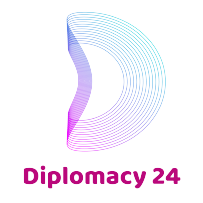
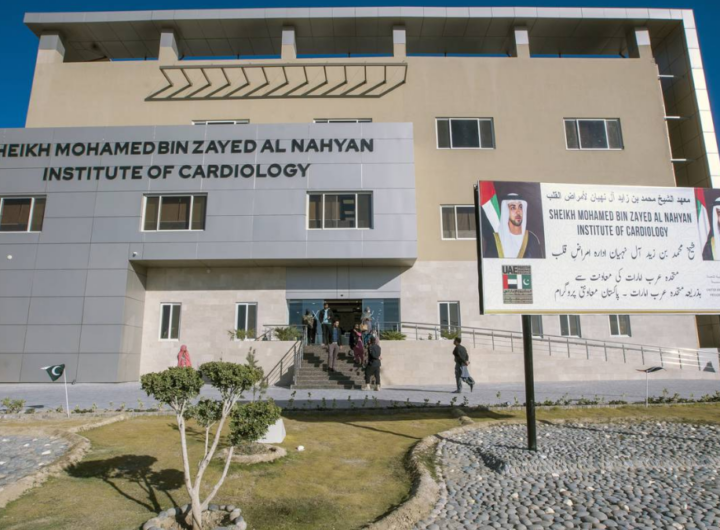 Sheikh Mohamed bin Zayed Institute of Cardiology opens in Pakistan
Sheikh Mohamed bin Zayed Institute of Cardiology opens in Pakistan 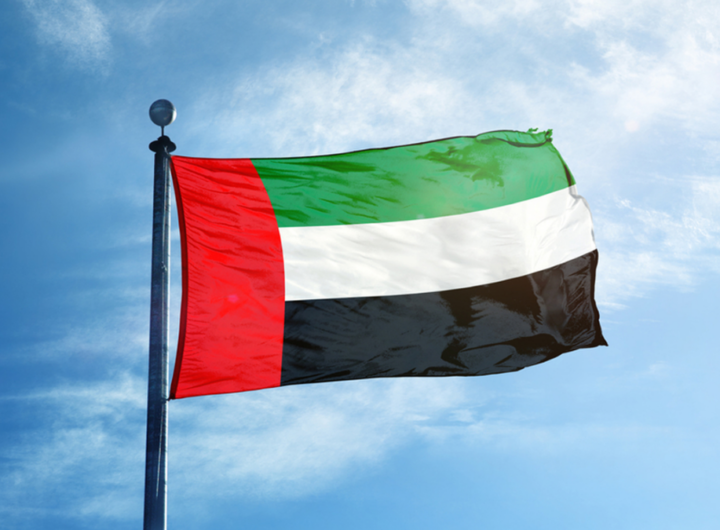 UAE enhances attractiveness as a preferred destination
UAE enhances attractiveness as a preferred destination 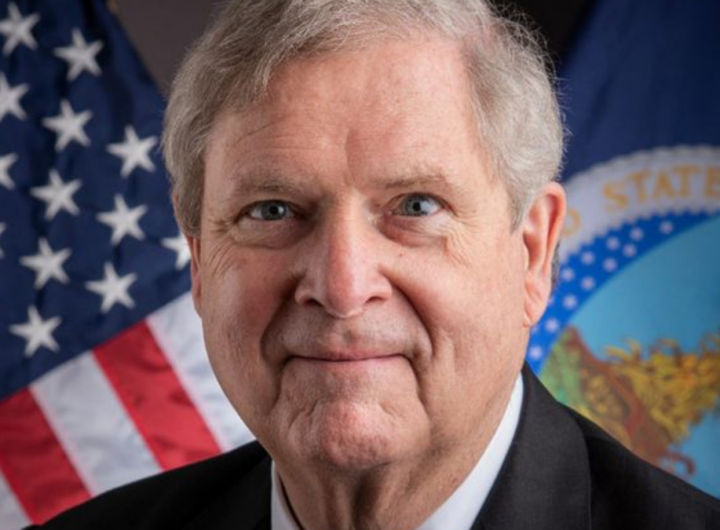 UAE is a committed partner for climate actions: US Secretary of Agriculture
UAE is a committed partner for climate actions: US Secretary of Agriculture 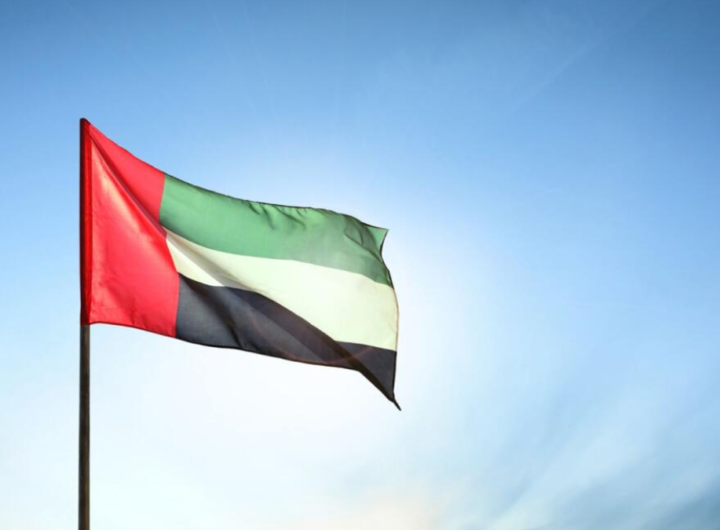 UAE’s initiative to crystalize the industry’s future
UAE’s initiative to crystalize the industry’s future 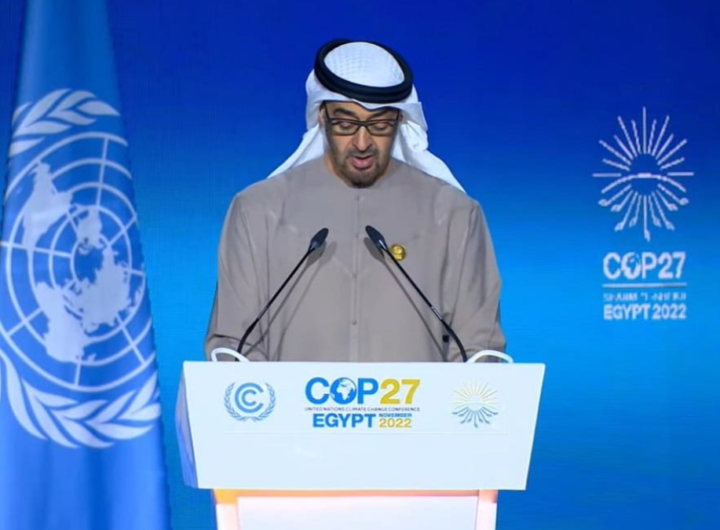 UAE President’s vision that supports world’s efforts to address climate change
UAE President’s vision that supports world’s efforts to address climate change 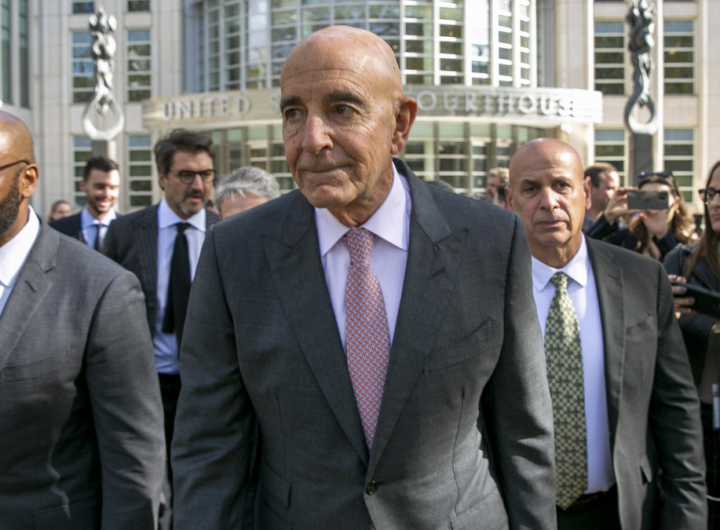 Donald Trump’s long-time ally found not guilty on foreign lobbying charges
Donald Trump’s long-time ally found not guilty on foreign lobbying charges 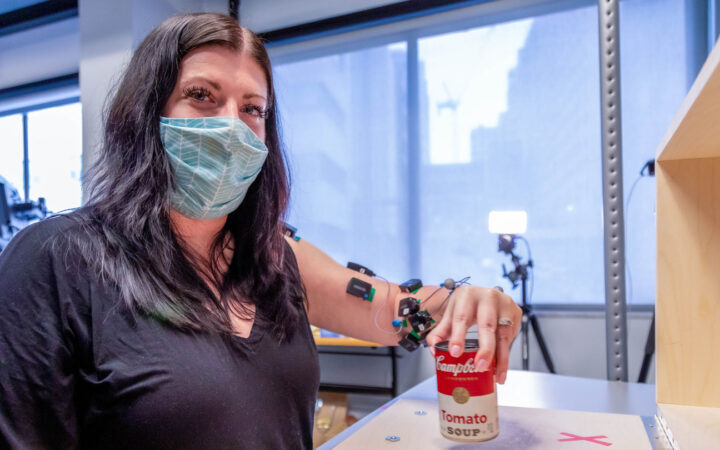 A new treatment could restore some mobility in people paralyzed by strokes
A new treatment could restore some mobility in people paralyzed by strokes 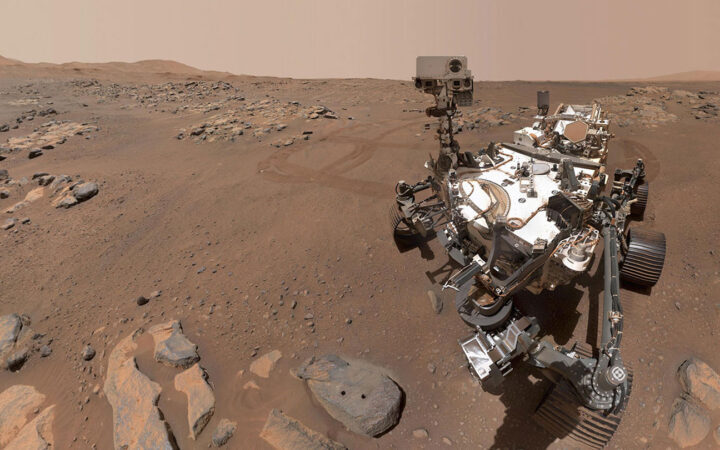 What has Perseverance found in two years on Mars?
What has Perseverance found in two years on Mars? 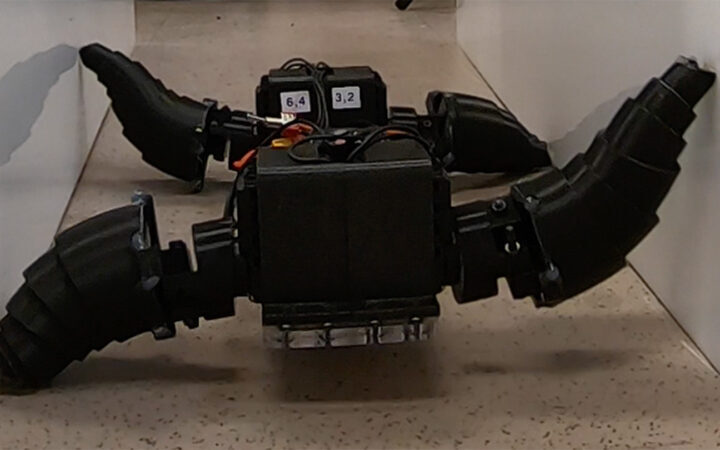 This robot automatically tucks its limbs to squeeze through spaces
This robot automatically tucks its limbs to squeeze through spaces 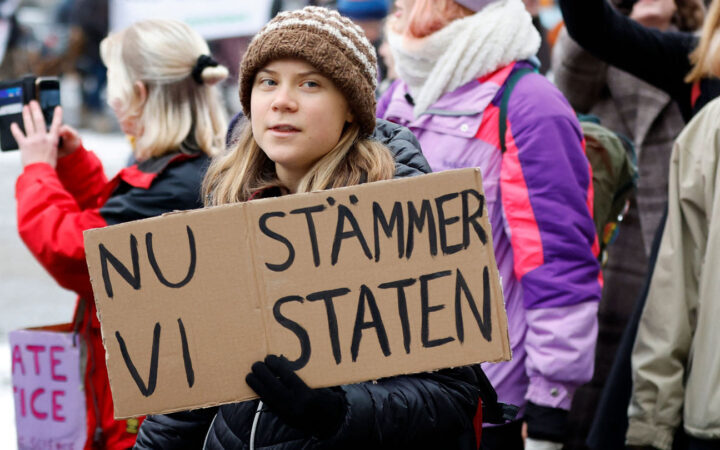 Greta Thunberg’s new book urges the world to take climate action now
Greta Thunberg’s new book urges the world to take climate action now